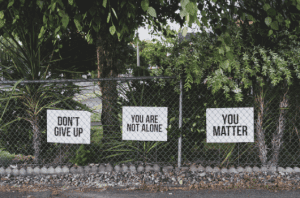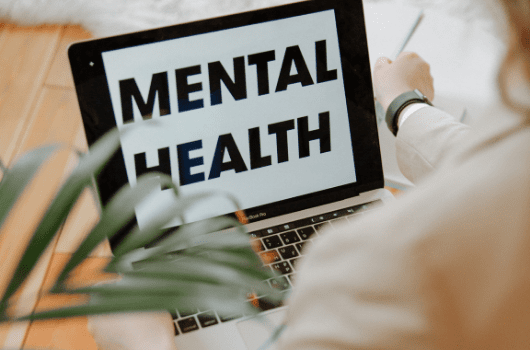
Looking after our mental health is crucial to our wellbeing, a new study found that almost 3 million people in the UK reported feeling lonely most of the time. After two years of lockdowns, a pandemic and significant changes to our lifestyle, people are struggling with loneliness more than ever.
But how does loneliness affect our mental health? And can feeling lonely impact our health goals? Read on to find out more:
What is loneliness?
Although the definition of loneliness is very personal, generally loneliness can be defined as the state of mind we’re in when our needs for social contact and forming relationships are not met.
Loneliness should not be confused with being alone, as many people are surrounded by others and have managed to form relationships while still being lonely. On the other hand, others may find comfort in minimal social contact and interactions.
What causes loneliness?
Loneliness looks different from one person to another, and every person will experience loneliness in their own way. Although we can’t know exactly what causes loneliness, here are some common reasons:
Situational factors: This comes from experiencing situational events such as moving to a new city, separation or divorce and physical isolation. Bereavement and grief can also cause feelings of loneliness.
- Internal factors: Sometimes loneliness can be a sign of other issues such as depression or low self-esteem.
Managing Loneliness:
There are many ways people can reduce feelings of loneliness including:
- Make healthier choices: Diet and exercise play a big role in our hormonal functions and can significantly impact how we feel. Make sure to exercise regularly and move frequently, as this promotes the release of endorphins which trigger positive feelings in the body.
- Hydration is also key and may impact mood. Not a big fan of drinking water? Try our water enhancer from exante to make hydration easier than ever!
Be kind to yourself: Remember to always be kind to yourself and try to utilise your alone time as much as possible doing what you enjoy. Mindful activities such as taking a walk, painting or even listening to your favourite music may help alleviate feelings of loneliness.
Reach out for support: Scheduling phone calls and quality time with friends, family and loved ones is also important. Chatting about your feelings and leaning on others for support is important and can reduce feelings of loneliness.
Want a few tips on self-love? Read our previous blogs below:
Go easy on yourself: Leaving your comfort zone is always scary, especially when dealing with loneliness, remember to be patient with yourself as you adapt to new environments or make any new changes.
Meet new people: Meeting new people can be daunting, but there is a variety of activities and organisations that you can join where you’ll meet new people. Volunteering is also a great way to spend time with other people and interact with the community.

Can loneliness affect our health goals?
Many people often revert to emotional eating as a result of loneliness or boredom, which can lead to an increase in calorie consumption and may lead to weight gain.
One effective way to control emotional eating is by eating smaller meals more frequently, and consuming healthier snacks that contain a high amount of protein and fibre which help keep us fuller for longer. Our snack shots are a great nutritious snack that is high in fibre and a source of protein!
Emerging research has also linked severe loneliness to higher risks of developing higher blood pressure, heart disease, obesity and a weakened immune system.
Want to learn more about emotional eating? Read our previous blog post
Looking to reach a specific health goal?
Our closed Facebook group has a community of likeminded people sharing their experiences and can be a great first step to start socialising!











